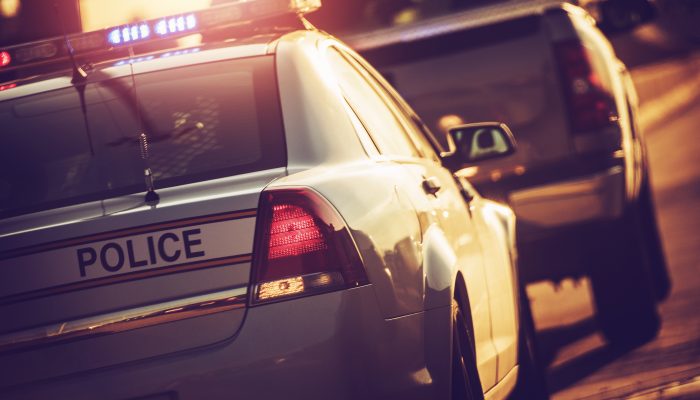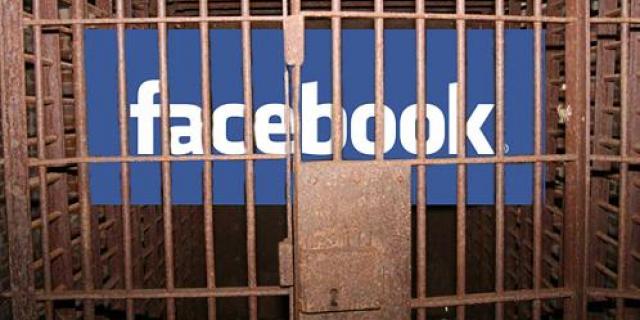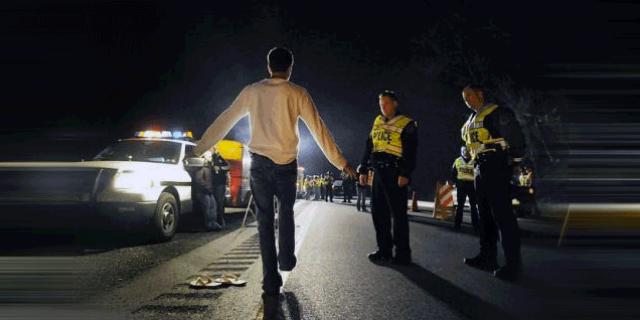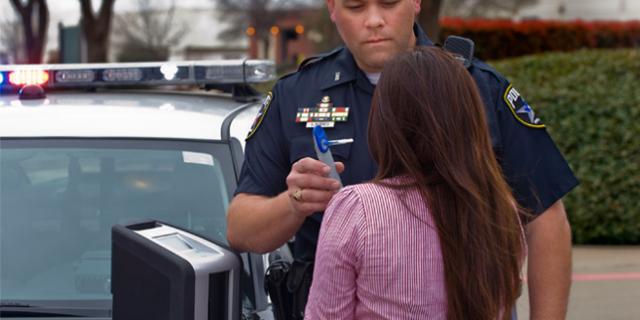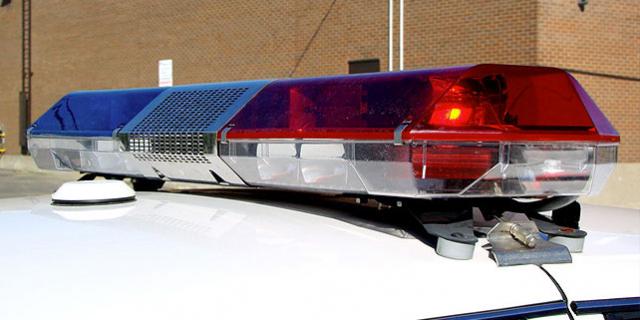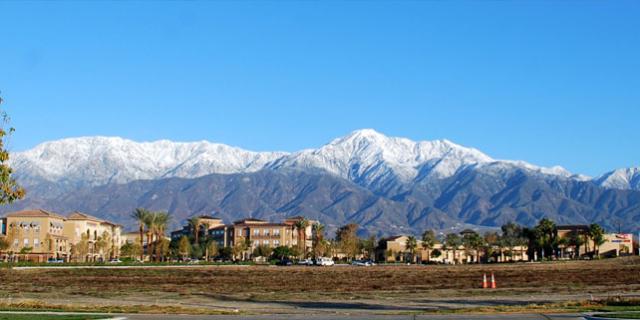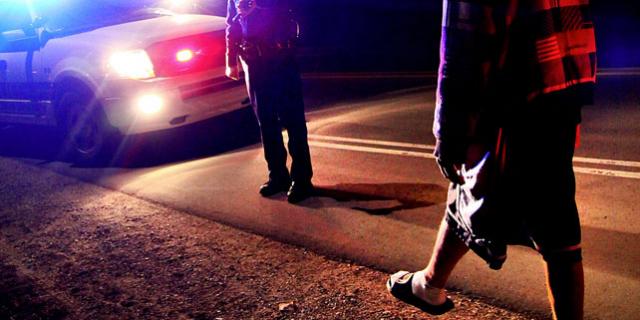Being charged with DUI in California can have serious consequences, but taking the right steps early on can significantly impact the outcome of your case. From staying calm during the stop to understanding the penalties and working with an experienced DUI attorney, there are critical actions you can take to protect your rights. In this blog, we outline the essential steps to follow immediately after a DUI charge in California.
Key Takeaways:
- Stay calm and cooperate by remaining calm and complying with the officer’s requests, while avoiding providing information that could harm your defense.
- Exercise your right to remain silent by politely refusing to answer questions about your alcohol or drug consumption and instead focusing on providing the required documentation.
- Consult with an experienced DUI attorney who will help you navigate the legal process, evaluate your defense options, and work to minimize potential penalties.
A DUI charge in California can be an overwhelming experience, with significant consequences. Aside from the possibility of fines or jail time, the charge can impact your career, personal life, and even your driving privileges. However, being charged with DUI doesn’t guarantee a conviction, and there are proactive steps you can take to safeguard your rights and secure the best possible outcome for your case. In this blog, we’ll guide you through the critical actions to take following a DUI charge in California.
1. Stay Calm and Compliant
Your behavior during and after the DUI stop can significantly affect your case. Above all, it’s important to remain calm. Acting emotionally, arguing, or panicking could make things worse.
You may have seen viral videos on YouTube, Instagram, or TikTok where a traffic stop escalates because the driver refuses to cooperate, leading to situations where the driver ends up face down on the pavement or raging in the back of a squad car. Don’t let this be you.
If you are pulled over for suspected DUI, follow these guidelines:
- Comply with the officer’s requests for identification, vehicle registration, and insurance.
- Keep your hands visible and avoid sudden movements.
- Avoid admitting guilt or offering excuses—anything you say can be used against you.
- Politely decline to answer questions beyond the basic legal requirements.
Remaining calm and cooperative can help prevent further complications and reduce the risk of escalating the situation.
2. Exercise Your Right to Remain Silent
California law guarantees you the right to remain silent during a DUI stop. While the officer may try to ask questions to gather evidence, you are not required to answer questions about your alcohol or drug consumption.
It’s important to remember that you don’t have to remain completely silent, but you should be strategic about what you say. Here’s practical advice on what you can tell the officer instead of responding to potentially incriminating questions:
- Provide identifying information: Politely provide your name, driver’s license, vehicle registration, and proof of insurance when requested.
- Be respectful but firm: If asked about your alcohol or drug consumption, it’s perfectly acceptable to politely decline to answer. You might say something like, “I prefer not to answer any questions without my lawyer present.”
- Don’t give explanations or excuses: Avoid volunteering details such as “I had only one drink” or “I’m fine to drive.” These statements could later be used against you.
- Stay calm and respectful: If the officer continues to ask questions or pressures you, you can simply repeat, “I prefer not to answer questions at this time.”
The right to remain silent is one of your most powerful legal tools—use it wisely to avoid providing information that could hurt your defense later.
3. Contact a DUI Attorney Immediately
One of the most important actions you can take following a DUI charge in California is to request legal representation. California law provides you the right to a lawyer as soon as you are detained or arrested.
Having a skilled DUI lawyer can make a significant difference in the outcome of your case. An experienced attorney can:
- Advise you on what to say and what to avoid saying.
- Help you understand the legal process and your rights.
- Review the evidence against you, including breathalyzer results, police reports, and any field sobriety tests.
- Challenge any procedural errors made by law enforcement officers.
- Begin formulating a defense strategy tailored to your unique situation.
Tip: Even if you believe the evidence against you is strong, it’s crucial to have legal representation. A qualified DUI attorney may uncover flaws in the prosecution’s case that could lead to a favorable outcome.
4. Understand the Penalties for DUI in California
California has strict DUI laws, and penalties vary depending on factors such as your blood alcohol concentration (BAC), prior convictions, and whether there were aggravating factors such as an accident or injury.
California DUI Penalties
- First offense: Up to 6 months in jail, fines of up to $1,000, and a 6-month license suspension.
- Second offense: Up to 1 year in jail, fines up to $1,000, and a 2-year license suspension.
- Third offense: Up to 1 year in jail, fines up to $1,000, and a 3-year license suspension.
- Fourth or more offenses (felony DUI): Possible prison time, fines up to $1,000, and a license suspension of up to 4 years.
If your DUI involved an injury or an accident, penalties can be significantly higher. Additionally, California has “aggravating” factors, such as driving with a child passenger, which can increase the severity of penalties.
5. Keep Track of Deadlines and Time-Sensitive Actions
There are important deadlines following a DUI charge in California, and failing to meet them can lead to additional penalties or a weakened defense.
For example, California law requires you to request a DMV hearing within 10 days of your arrest if you want to challenge your driver’s license suspension. Missing this deadline may result in the automatic suspension of your license.
Additionally, be sure to attend all scheduled court dates, as missing one can lead to further charges, fines, or even a warrant for your arrest.
Your DUI lawyer will help you navigate these critical deadlines and ensure that you meet all legal obligations on time.
6. Consider Your Defense Options
Your attorney will assess the details of your case and advise you on the best defense strategy. There are several possible defenses that could apply to your situation, including:
- Challenging the traffic stop: Officers must have a valid reason for stopping you. If the stop was without probable cause, any evidence gathered could be dismissed.
- Breathalyzer and sobriety test issues: Breathalyzer machines can malfunction, and field sobriety tests can be improperly administered. An attorney can challenge these results.
- Medical conditions or medications: Some medical conditions or prescription medications can produce false-positive readings for intoxication.
- Improper procedures by police: If the officer didn’t follow the proper legal procedures during the stop or arrest, your case could be dismissed, or evidence could be suppressed.
Tip: Every DUI case is unique. Work closely with your lawyer to evaluate your case’s specifics, as seemingly small details can sometimes lead to a successful defense.
7. Avoid Further Legal Trouble
Following a DUI charge, it’s essential to avoid any further legal issues. This includes:
- Not driving with a suspended or revoked license.
- Avoiding any new criminal activities.
A second or subsequent offense will only complicate your case and could worsen your legal standing. If your license is suspended, consult your attorney about the possibility of obtaining a restricted license that allows you to drive for essential purposes.
8. Maintain Regular Communication with Your Lawyer
DUI cases in California can be complex and lengthy. It’s essential to stay in constant communication with your attorney to remain updated on any developments in your case.
Your attorney will help you navigate the stages of your case, which may include:
- Administrative hearings.
- Court dates.
- Plea negotiations.
By keeping in touch with your lawyer and following their advice, you can ensure that your case proceeds smoothly and that you stay informed of your options at every step.
Trust Earl Carter & Associates for Your DUI Defense
If you’ve been charged with a DUI in California, the experienced legal team at Earl Carter & Associates is here to guide you. With a thorough understanding of California DUI laws and years of experience in the courtroom, we are dedicated to building a strong defense on your behalf.
At Earl Carter & Associates, we:
- Provide personalized attention and strategic advice tailored to your case.
- Investigate the details of your arrest and identify any weaknesses in the prosecution’s case.
- Fight aggressively to protect your driving privileges and minimize penalties.
- Offer clear, honest advice about your legal options and potential outcomes.
Don’t Wait—Contact Us TodayThe sooner you involve a lawyer in your DUI case, the better your chances for a favorable outcome. Contact Earl Carter & Associates today for a free case evaluation and take the first step toward protecting your future.

